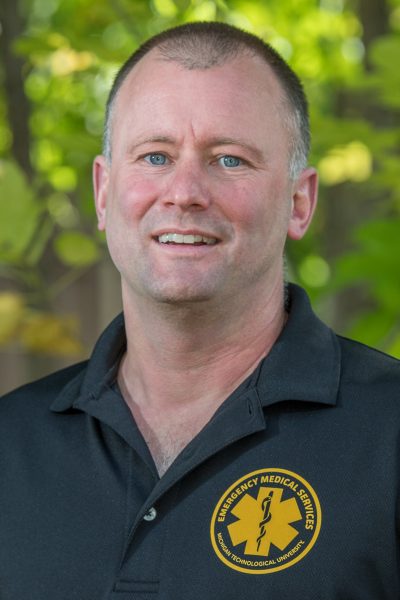I returned to Michigan Tech for graduate studies in 2000 and soon started working as a staff researcher for Michigan’s Local Technical Assistance Program and later director of the Eastern Tribal Technical Assistance Program, two federally sponsored transportation research and technology transfer programs in the Civil and Environmental Engineering Department. I eventually left Michigan Tech as an employee but have continued work on my dissertation while developing a successful freelance technical communicator career. For the last 22 years I juggled work and family while chipping away at a masters in Rhetoric and Technical Communication and PhD in Rhetoric, Theory and Culture.
Working in transportation may seem like a long way from the humanities, but transportation is a truly human endeavor. Unfortunately, one impact of transportation systems on humans (and non-humans) is a staggering toll of injuries and lives lost due to motor vehicle crashes. In 2020, nearly 39,000 people were killed in crashes in the US, and over 1.3 million people die annually in traffic-related crashes worldwide. Those most affected in the US are young rural and tribal people: A young American Indian or Alaska Native is 2-5 times more likely to die in a motor vehicle crash than the average American. Addressing this ongoing tragedy became my passion.
My research examines how we collect, analyze, and communicate risk, especially risk related to transportation. I have applied this research to help the most vulnerable populations—rural and tribal people in the US—understand transportation risk and safety in their own communities. By teaching people with few resources and knowledge how to evaluate and communicate risk in their own communities, local, non-experts can take steps to understand and mitigate risks from transportation and any other natural or anthropogenic causes. This work affected me so deeply that I even decided to become an EMT, firefighter, and EMT instructor so that I could directly apply this research and teach others how to understand and mitigate risk.
I am grateful to the many faculty and advisors who have worked with me in a decades-long education path at Michigan Tech, and especially thankful to my committee—Dr. Karla Kitalong, Dr. Andrew Fiss, Dr. Marika Seigel, and Dr. Melissa Baird—who have helped me stay committed to this work through a very difficult time for them and me in the past few years. I also thank the Graduate Dean Awards Advisory Panel for recognizing and supporting my unusual and drawn-out educational path with an award that will help me focus on completing my dissertation and degree. Last, but definitely not least, I thank my family for supporting me while I’ve always had too much on my plate! I look forward to continuing to learn and apply my education and research in our own community and to sharing this experience with others to help them live and thrive in communities large and small.
